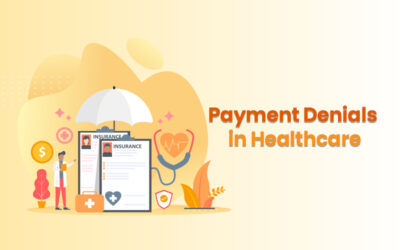As the implementation of health reforms continues in the US, significant attention has been paid to the state/public health insurance exchanges opened under the Patient Protection and Affordable Care Act (ACA). The public health insurance exchanges will expand and provide standardized coverage for about 30 million people by the end of 2017. At the same time, enrollment in private exchanges is also increasing, and is expected to surpass the number of people enrolling through federal and state funded exchanges by the year 2018.
According to a research analysis from Accenture, employers in the US are moving rapidly than anticipated to provide health insurance to their employees via private exchanges for the year 2014. More than 3 million US residents had signed up for workplace health insurance coverage, which is far more than Accenture’s projected enrollment figure. This significant growth was found more in small and mid-sized companies having not more than 1,000 employees.
The research analysis is based on the data collected from reports of publicly traded companies and insurance companies. As part of the research, it was found that the total private exchange insurance enrollment by employees will reach about 40 million by the end of 2018 (exceeding the number of people enrolling through state and federally funded exchanges). As per the federal government reports, 8 million people have opted for health benefit plans via public exchanges set up under the ACA.
With an objective to control costs and reduce administrative burdens, some employers are shifting their employees to the exchanges. Moreover, this move will enable employees to access and choose from more number of plans. Offering multiple plans from different insurers will help to lower costs via competition. Since the details of the exchanges differ, companies usually allot a particular amount for workers towards medical insurance thereby enabling them to select from a number of options.
The research findings show that about a quarter of employees with private insurance end up getting less amount of coverage than they had under employer plans. This is mainly because they might have selected lower monthly insurance premiums or traded off some amount for other types of schemes such as disability or life insurance. The move towards higher out-of-pocket spending has prominent implications for physicians, patients and hospitals as they can receive a higher percentage of out-of-pocket collections from such patients. It is estimated that the out-of-pocket collections for employer – based coverage will increase by 7% towards the end of 2018.
Private health insurance exchanges enable people to shift from a stringent benefits system to a more defined employee contribution system. These providers largely focus on educating employers about the significant benefits of this concept. Moreover, they are offered more choice, flexibility along with personalized product selection.




